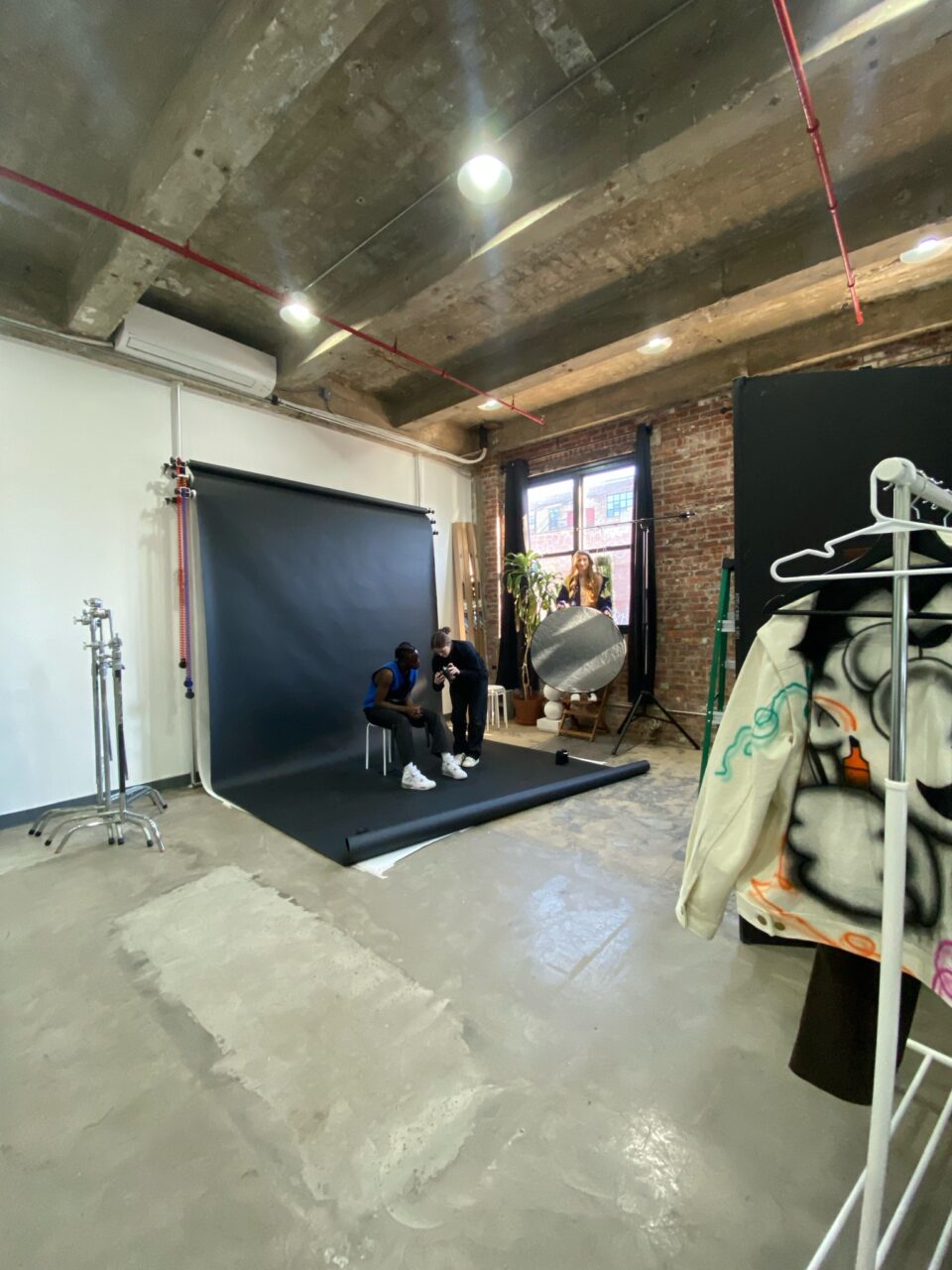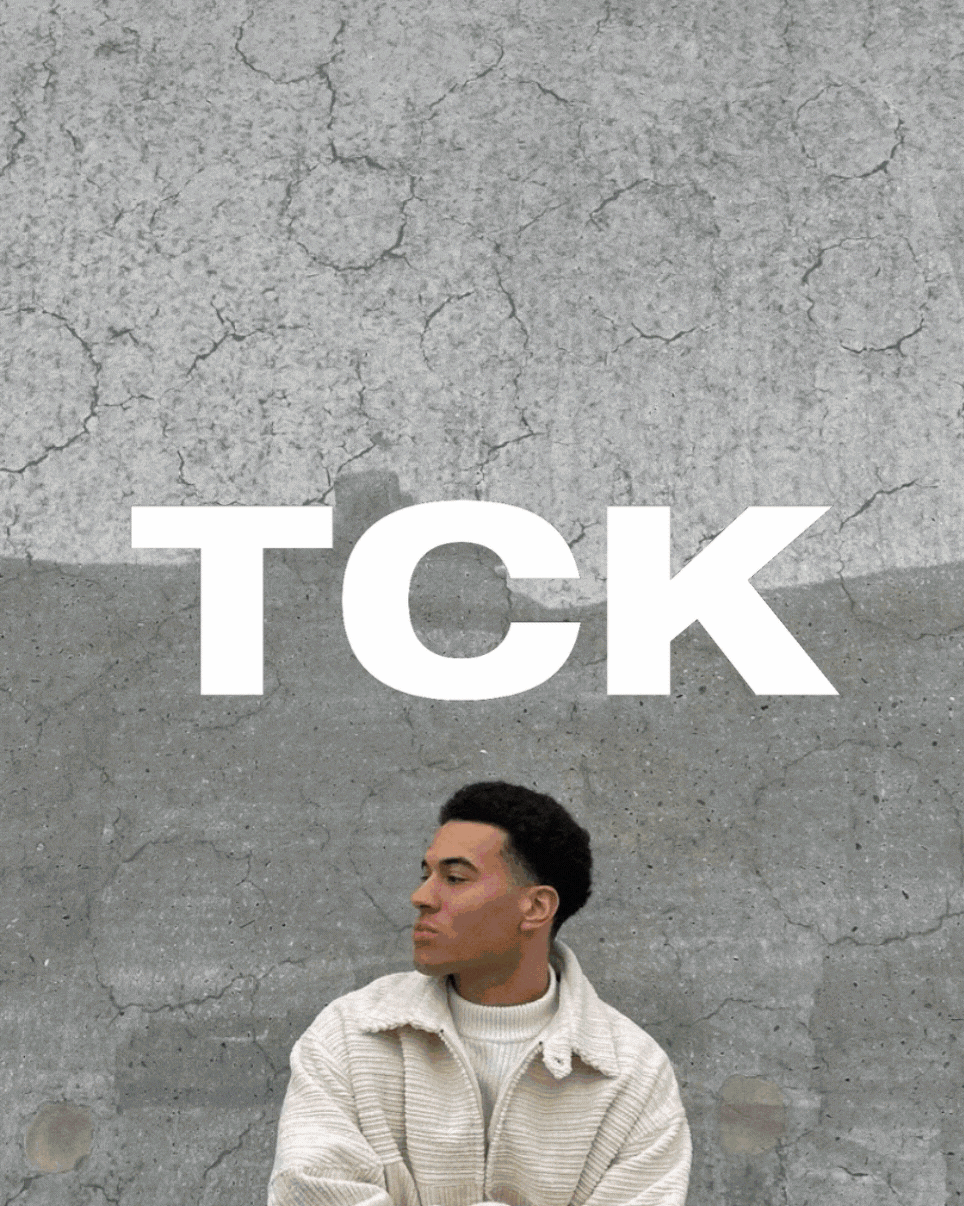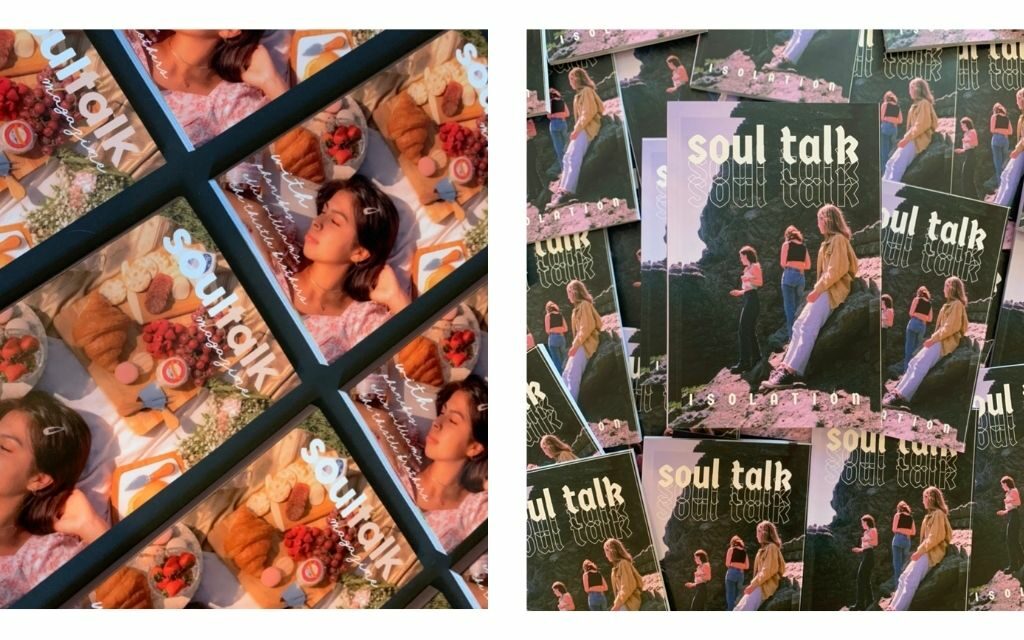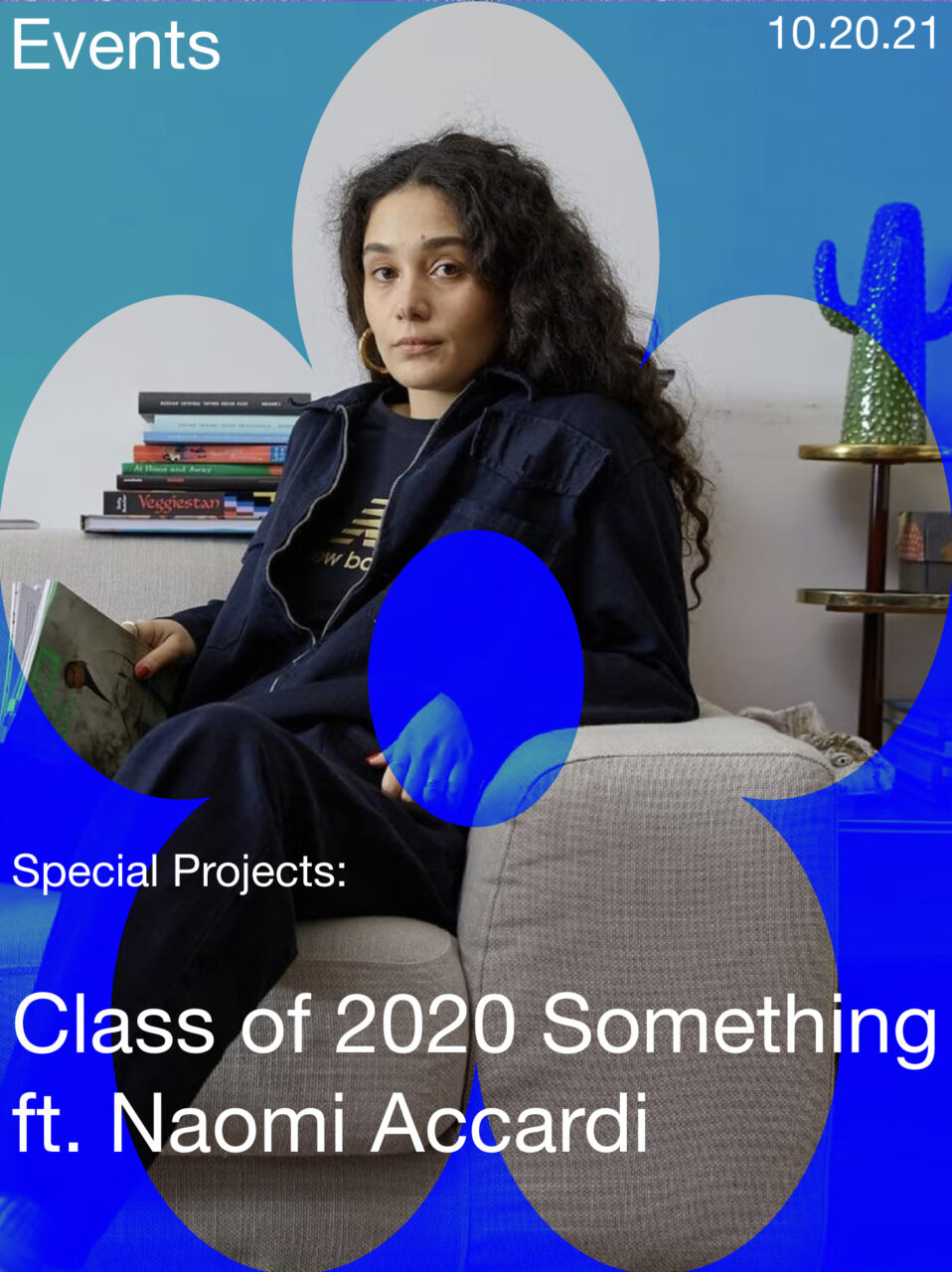[ad_1]
Digital magazines have grown in popularity over the years. Generation Z has taken it into their own hands by producing their own versions of these publications. Lucy Jane Ivey, Ajay Woolery and Lily Ouellet use their platforms to create communities for young creatives to share their work and navigate a sense of connection with others all over the world.

Lucy Jane Ivey, the founder of “Our Era” Magazine, began the publication at age 15. The name “Our Era” was suggested by one of her former team members. Ivey chose this title because she wanted to include everyone beyond her generation.
“It’s about Gen Z, but it’s also about other generations as well,” Ivey said. “We started by only interviewing people in Gen Z, but since then, we’ve interviewed influential people of all ages and all generations.”
Tracing back to what inspired her, she brought up her past experience interning at “Mission,” a fashion magazine that focuses on social justice issues, which she was passionate about.
“I was the youngest intern, everyone there was either a junior or senior in college, and I was a sophomore in high school,” Ivey said. “With this fashion magazine internship, I was so lucky for them to just kind of take a chance and be like, ‘This girl has never done anything like this in her life, but let’s see what she can do.’”
She cited one of her inspirations as Tavi Gevinson, the creator of Rookie Magazine. She described how reading Gevinson’s publications encouraged her to believe that starting “Our Era” Magazine was attainable and that she did not need to wait around to begin.
Ajay Woolery thought up the idea of launching “The Creative Kids” in the summer of 2020 at the start of the COVID-19 pandemic. He, like many others, had plenty of time to think during this period.
While reading magazines such as “i-D,” “032c” and “Hypebeast,” he noticed the lack of opportunity many young creatives were given. He decided to do something about this.
“One day I decided to post an open TikTok calling for anyone interested in photography, writing, fashion and art overall to sign up. That initial video garnered more than 300k views and subsequently, ‘The Creative Kids’ overnight had grown a following of over 30k on the platform,” Woolery said.
This outreach included a form in which creators were asked to submit their work, which is how the exchange of ideas and creative projects began.

“Soul Talk Magazine” was founded by Lily Ouellet, who also began publishing during the pandemic.
She noticed the zine trend of creating a space to amplify the voices and creative works of the younger generation and had made online connections with some of the founders.
After immersing herself in the creative community and networking with others, she decided to launch her own publication.
Dealing with opposition
As a freshman, Ouellet had a passion for writing, but no one would look at her work because of her age and inexperience. This prompted her to create “Soul Talk.”
“I wanted to create a platform that emphasizes the importance of everyone’s work and that you don’t need experience to be a creator,” Ouellet said.
As these young creators embarked on this new project, they encountered numerous ups and downs. Each founder had to jump through a variety of hoops in order to create a successful publication.
With the use of social media and the ability to reach a broad audience, Ivey searched for a group of creatives around her age who would be willing to be part of her team.
Having a team led by a younger generation presented its own set of challenges. Ivey discussed the difficulties of running this publication at such a young age.
“People see it, and they’re like, ‘Okay, this girl is 17, what does she know about a magazine?’ I feel like you can’t really control what other people think, and it’s kind of just a case-by-case basis,” she said.
One challenge she faces is related to her social life and how she has experienced a shift in treatment when people learn she is interviewing or working with a specific person.
Similar to Ivey, Ouellet has noticed a shift in treatment after people learn she is the face behind “Soul Talk Magazine.” She explained how she prefers to keep those two aspects of her life separate.

Lily Ouellet started “Soul Talk” to amplify young voices. (Photos courtesy of Lily Ouellet)
Ivey continued to open up about how difficult it was to find team members she could trust and rely on.
For Ouellet and Woolery, they expressed difficulty staying on top of their schedules and being consistent. Ouellet discussed how she and her team try to stick to a tight schedule while also offering flexibility that would allow freedom and trust to form among the team members.
Ouellet added the burden of repetition that many zines experience. “We’re all artists, and so ‘boring’ is really what we dread,” she said. “Sometimes when it gets boring, it’s really hard to pick it back up again.”
On the other hand, the creators discuss why they continue to publish their work despite the difficulties. Ivey expressed her appreciation for her team, which she refers to as a family. The most rewarding aspect of all of this for her is hearing that her work means something to someone and that it matters.
Supporting the idea of doing meaningful work, Ouellet shared how seeing people enjoy what she’s doing and sharing a light of happiness with them is what she looks forward to the most.
Woolery finds joy in helping creatives reach new levels of their potential.
“The most rewarding part of this project has definitely been being able to see the growth of the creators we’ve met over the past year as well as the connections we’ve been able to make with many of them,” he said. “There is a wealth of creative talent possessed by youth that goes unseen.”
When looking back on the beginnings of each publication, the founders each noted the lessons they have learned since, such as being more confident, not being afraid to push creative boundaries and having the proper software as well as knowing how to use it.
“I’m not mad about how it went about. I’m very grateful for every single one of those people who were even rude to me. I’m like, ‘Thanks for that,’ because I’m so strong now,” Ivey said.
She said she would tell her younger self, “It’s going to get a lot bigger than you would ever imagine, just wait and hold on.”
Opportunities and experiences gained
Each founder has had unique opportunities few people get to experience in their lifetime as a result of their publications. Some of these include collaborating with other creatives and well-known brands, interviewing celebrities and networking with talented professionals from a variety of industries.
Ivey had the opportunity to interview rising pop star Olivia Rodrigo a few months before the release of her album “SOUR.” In addition, she attended New York Fashion Week and collaborated with Steve Madden on a Women’s History Month project.
A major experience Woolery was involved with was taking part in the “Class of 2020 Something” workshop series with Milan-based creative consultant Naomi Accardi.

Ouellet shared the fun and excitement she had while planning a concert in collaboration with another zine publication, “Fever Dream” Magazine, before it was canceled because of the pandemic.
Connecting with many others has allowed these young founders to learn more about themselves and Gen Z as a whole. From her observations, Ivey recognizes the involvement of youth now and even in the past.
“There is so much potential in our generation. If you look at the people in even past generations, like, who’s been at the forefront of movements and stuff, it’s been young people,” Ivey said.
Supporting Ivey’s statement, Woolery added his own insight about the power of the young generation.
“Generation Z is unafraid to take leaps toward building infrastructure to support the changes we want to see in the world,” he said.
Ouellet said she thinks this generation is more open to learning about themselves and how they are compatible with the world, as well as how the world is compatible with them.
Words of wisdom to their younger selves
Reflecting on their own personal development, Ivey, Woolery and Ouellet have become more aware of their newly gained insights and what their work represents.
While interning at Mission Magazine, Ivey described her experiences with comparison and representation.
“I dropped off a magazine and this skinny, blonde, model-looking girl comes out, and I hand over the magazine, and I’m like, ‘Whoa, I don’t know if I can do this.’ I was just so intimidated,” she said.
Fast forward two years, Ivey realized the impact that experience had on her and took a step back on what really mattered.
“I’m not going to look like that. And I don’t really feel like I have to because it’s not representative of our world and our generation. That’s the thing about ‘Our Era.’ I constantly look at my team and ask, ‘Is it representative of Gen Z?’ And if it’s not, then I have to do more work to make it more that way,” she said.
The importance of representation was one insight Ivey gained. For Woolery and Ouellet, it was about timing.
Woolery pushed the idea of waiting for the perfect
moment to the side. Looking back on the actions that led him to where he is today, he expressed gratitude to his past self for being unafraid to take those early steps of posting that initial TikTok and not relying on finding the perfect time.
Ouellet echoed this idea of giving up on the perfect moment.
“The hardest part is being able to look at yourself and saying, ‘I can do this,’” Ouellet said. “The best time to start was five years ago, and the next best time to start is tomorrow. So I’m glad that I picked the best one and started then.”
[ad_2]
Source link



:strip_icc()/BHG_PTSN19720-33d9cd22f6ab49e6a21982e451321898.jpg)

More Stories
Mapping Eastern Europe Website Launched
Kengo Kuma Designs a Dramatically Vaulted Cafe to Evoke Japan’s Sloping Tottori Sand Dunes — Colossal
Keeping The Artist Alive | Chris Locke | Episode 888